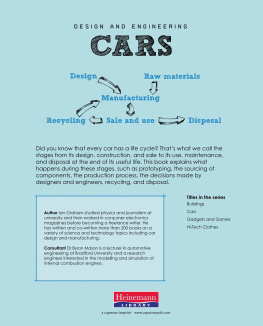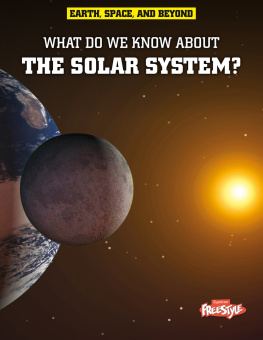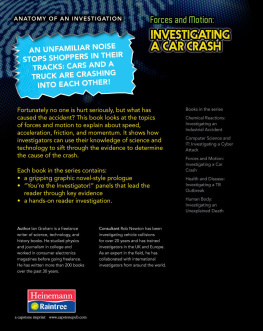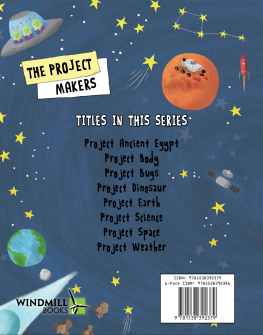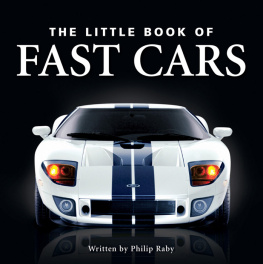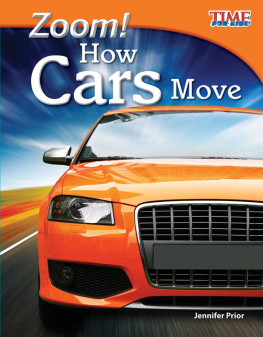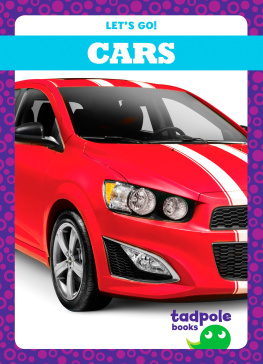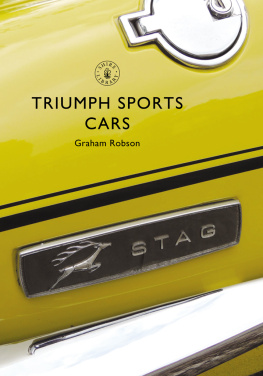Ian Graham - Cars
Here you can read online Ian Graham - Cars full text of the book (entire story) in english for free. Download pdf and epub, get meaning, cover and reviews about this ebook. year: 2020, publisher: Capstone, genre: Detective and thriller. Description of the work, (preface) as well as reviews are available. Best literature library LitArk.com created for fans of good reading and offers a wide selection of genres:
Romance novel
Science fiction
Adventure
Detective
Science
History
Home and family
Prose
Art
Politics
Computer
Non-fiction
Religion
Business
Children
Humor
Choose a favorite category and find really read worthwhile books. Enjoy immersion in the world of imagination, feel the emotions of the characters or learn something new for yourself, make an fascinating discovery.
- Book:Cars
- Author:
- Publisher:Capstone
- Genre:
- Year:2020
- Rating:5 / 5
- Favourites:Add to favourites
- Your mark:
- 100
- 1
- 2
- 3
- 4
- 5
Cars: summary, description and annotation
We offer to read an annotation, description, summary or preface (depends on what the author of the book "Cars" wrote himself). If you haven't found the necessary information about the book — write in the comments, we will try to find it.
Cars — read online for free the complete book (whole text) full work
Below is the text of the book, divided by pages. System saving the place of the last page read, allows you to conveniently read the book "Cars" online for free, without having to search again every time where you left off. Put a bookmark, and you can go to the page where you finished reading at any time.
Font size:
Interval:
Bookmark:

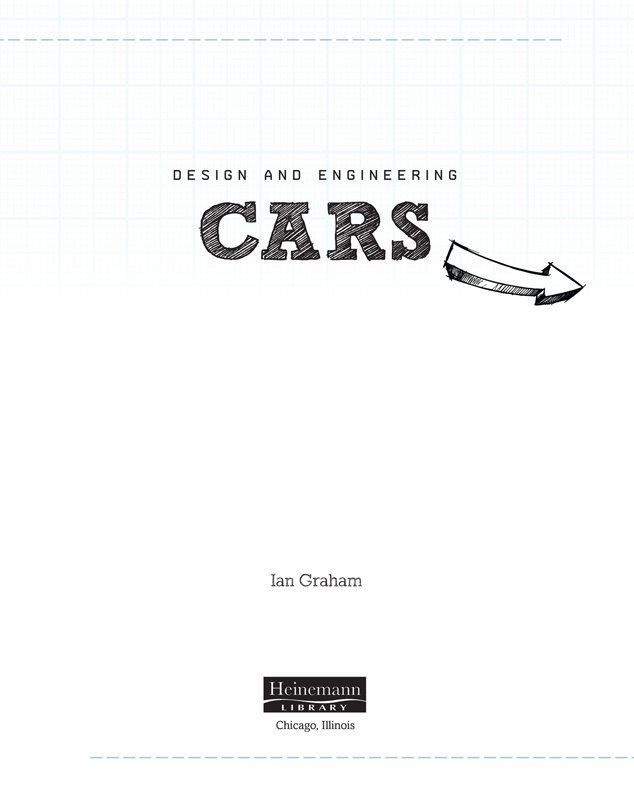
Car manufacturing is one of the most important industries in the world. It is worth more than $2 trillion a year. About 50 million people worldwide are employed in both car manufacturing and the thousands of businesses that depend on it.
Cars have made a dramatic impact on the quality of our lives. They have caused a revolution in personal mobility and transportation for millions of people. They have also prompted enormous changes to our surroundings and the wider environment, as cobbled city streets and narrow country roads were replaced by paved roads more suitable for cars. However, as with many technologies, cars have significant disadvantages. For example, they have led to serious air pollution and congestion.
Every product has a the time from its creation, sale, and use to its disposal at the end of its useful life. A small plastic toy might have a life cycle lasting only a few months. A car is built to last longer. A cars life cycle might be 15 years or more.
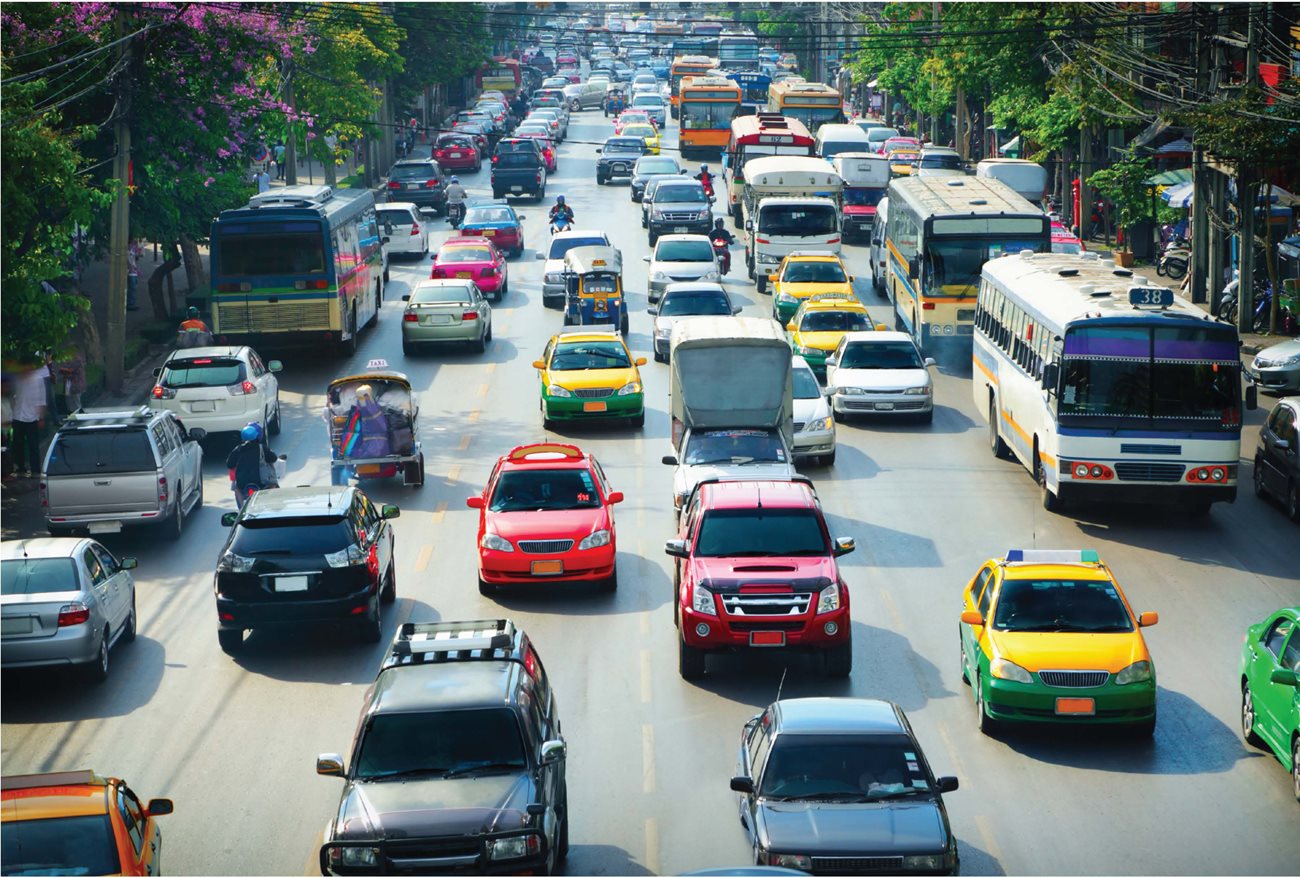
Each lane of a busy highway can carry up to about 2,000 cars per hour.
The McLaren MP4-12C is a 200-miles (320-kilometers) per hour supercar built by the same team that makes McLaren Formula 1 race cars. It is made from tens of thousands of parts, and every one of them had to be designed and manufactured. Engineers chose the size and shape of each part, decided which material it should be made from, and figured out how to manufacture it.
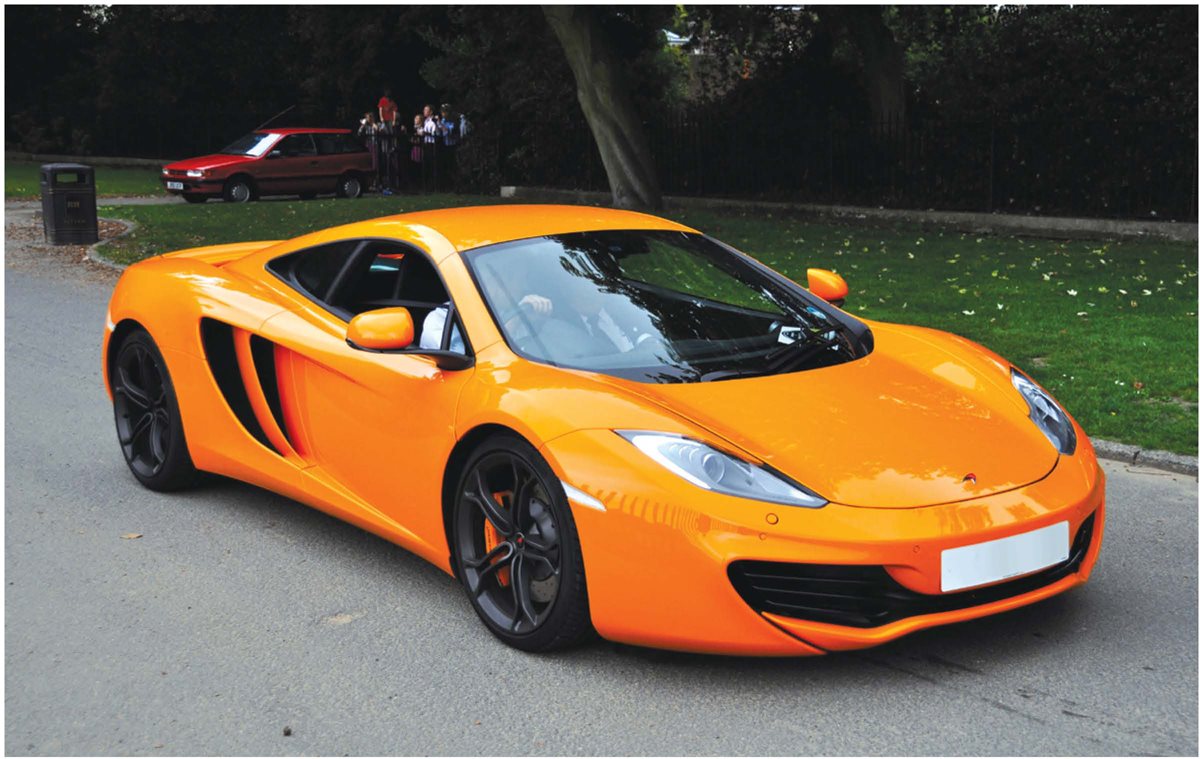
All cars go through a similar design and manufacturing process to that of the McLaren MP4-12C supercar.
Buyers can choose from many different cars, so manufacturers work hard to make their products more attractive than those made by their rivals. The appearance of a car is just one aspect of its appeal. The technology built into it is important, too. Technology constantly advances through innovation and invention, which in turn is often driven by legislation (laws on safety, energy efficiency, and pollution). Engineers also adapt technology from other industries such as aerospace and defense and also from car racing. For instance, night vision technology was first developed for military use, but it is now fitted to some cars to give drivers a clearer view in the dark.
Technology is the process and result of using technical knowledge to modify natural materials for meeting human needs and wants. Companies will only invest time and money in researching materials, employing designers and engineers, and setting up car factories if they are confident there is demand for a car and that it will make them money.
Throughout this book, you will come across some terms relating to the design and manufacturing of cars that also apply to other products. It might be helpful to explain some of these before you encounter them, so that you can get more out of this book.
There are two sorts of requirements:
- Criteria: Criteria are goals that must be satisfied to make a successful productfor example, efficiency and appearance.
- Constraints: Constrains are requirements limiting how the product is madefor example, cost and safety.
Balancing criteria and constraints is sometimes called a trade-off.
is the process of turning designs into real products. There is rarely a single, correct design solution to a problem. One solution is chosen from several options that are available.
Car designers use computers in a process called .
, which is the creation of realistic images or models to show how a new car might look in the real world. Optimization will include:
- Modeling: Modeling involves visualizing designs by using computergenerated images or clay models.
- Prototyping: Prototyping involves making full-scale working models of designs.
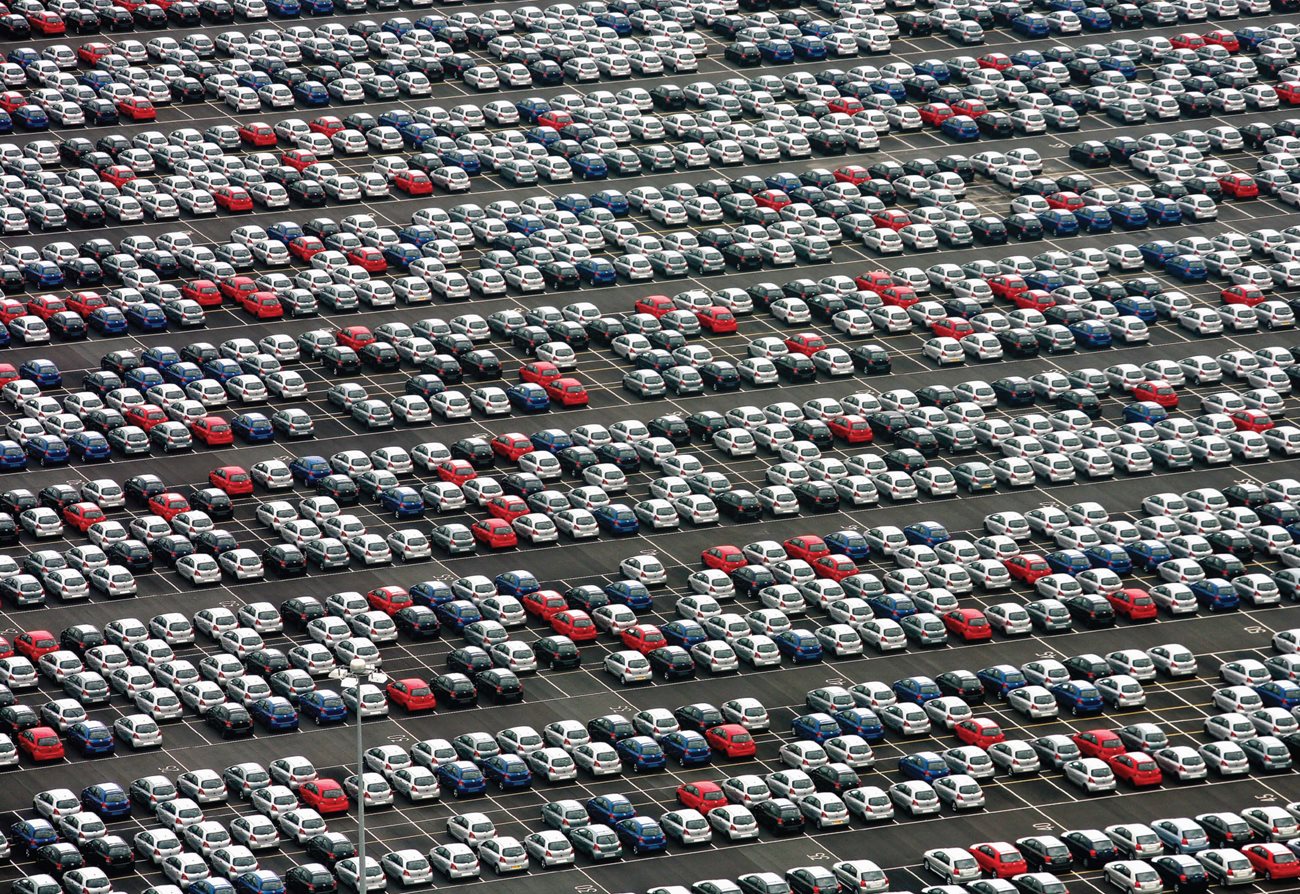
Mass-produced cars are designed using computer-aided design (CAD) systems, then they are manufactured in large numbers and shipped all over the world.
Cars are made of lots of smaller parts, and these parts are called . Car components can be simple parts such as nuts and bolts or bigger parts such as pumps or electric motors, which are themselves made of smaller components.
A group of pieces of machinery or processes that work together are called a . For example, a cars steering wheel and the parts that connect it to the front wheels form the cars steering system.
Control is the regulation or adjustment of a machine or process. Control can be applied manually or automatically. An example of manual control is the volume button on a television. Automatic systems are often controlled by computer chips called microprocessors. A typical car may have 50 to 100 microprocessors controlling its systems.
The life cycle of a car begins with a concept and ends with the destruction and disposal of the car at the end of its useful life.
The process of manufacturing begins with sourcing materials are used to make the parts that are assembled in factories to produce cars.
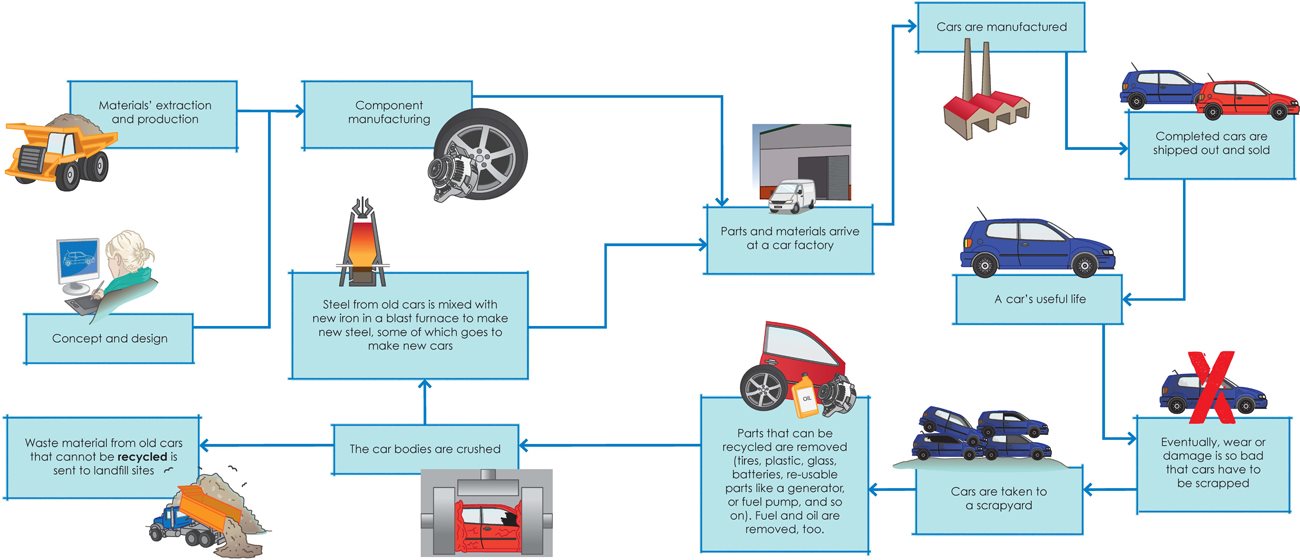
Modern cars last longer than early cars because of improved design, materials, and construction methods. Early cars were less reliable, too, and often broke down. A typical car in the 1920s lasted for six years. An average car today lasts for about 12 years. With careful maintenance, it could easily last 20 years.
Developing a new car is extremely expensive. The biggest manufacturers can spend $500 million, or even more, before a single car is sold. Careful planning is essential for such an expensive project.
Planning for a new car usually begins three or four years before manufacturing starts. First, the manufacturer has to decide what type of car to build sports cars, sedans, sport-utility vehicles (SUVs), hatchbacks, station wagons, supercars, kit cars, or luxury cars. Each type of car has a different set of features, capabilities, and performance that appeal to different drivers. Someone who wants a small, sporty car to drive for fun will buy a different type of car than someone who wants to drive long distances in comfort, or someone who needs to transport a large family.
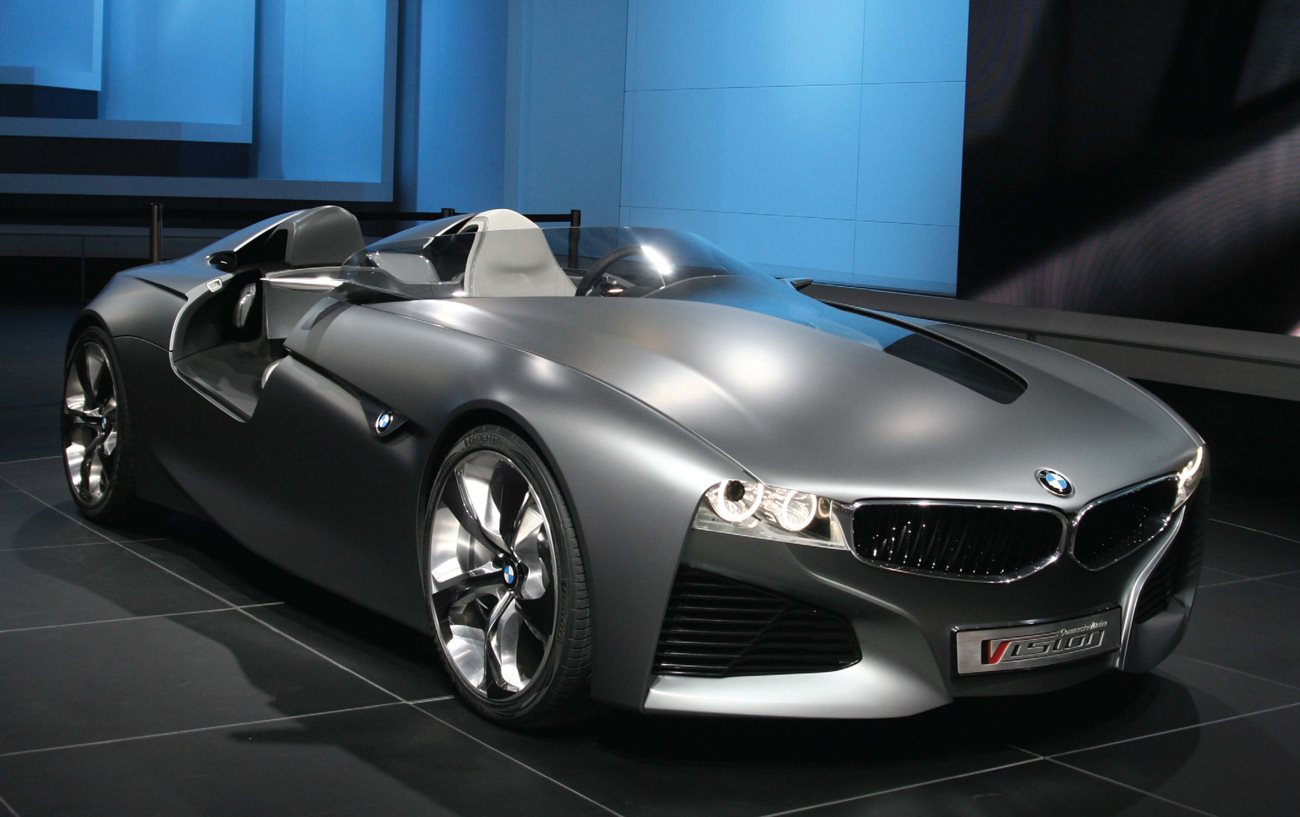
Font size:
Interval:
Bookmark:
Similar books «Cars»
Look at similar books to Cars. We have selected literature similar in name and meaning in the hope of providing readers with more options to find new, interesting, not yet read works.
Discussion, reviews of the book Cars and just readers' own opinions. Leave your comments, write what you think about the work, its meaning or the main characters. Specify what exactly you liked and what you didn't like, and why you think so.

